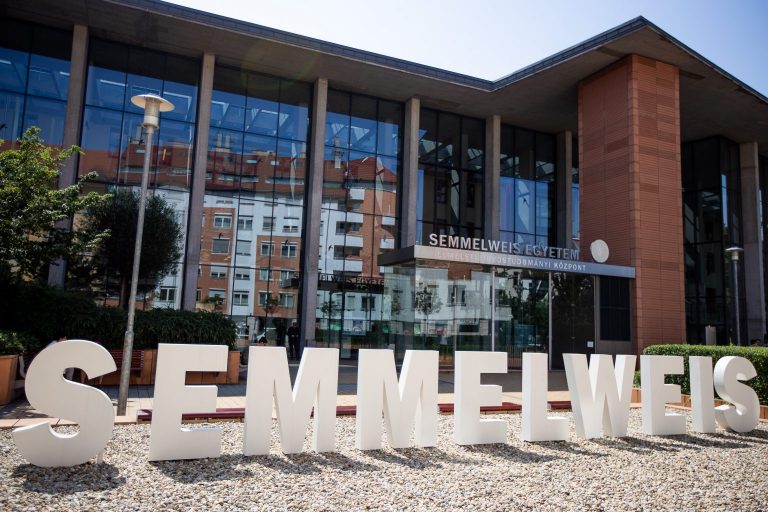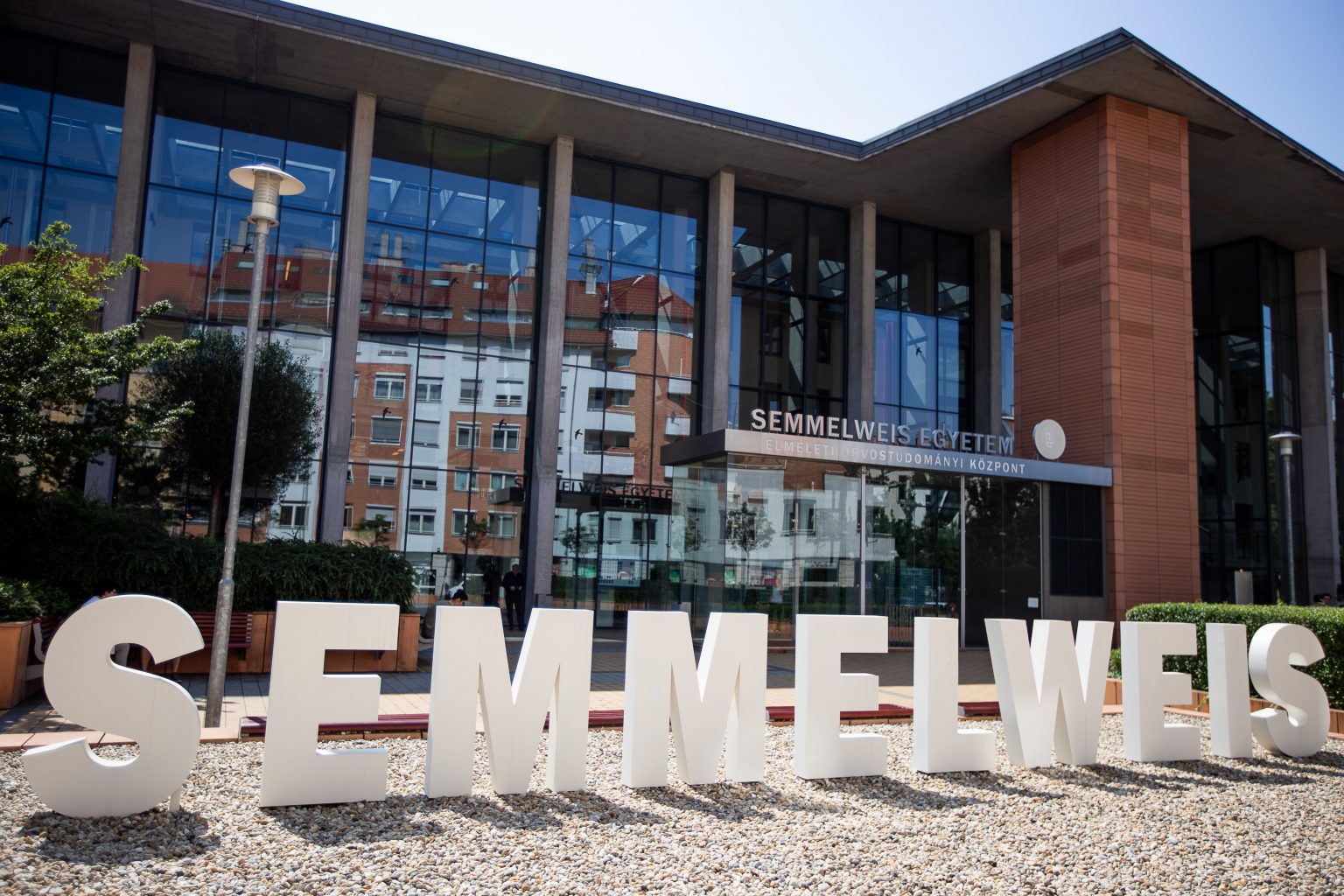OVERVIEW
The course will cover the different genetic tests and technologies available for diagnosing rare diseases, such as PCR, real-time PCR, MLPA-based technologies, whole exome sequencing, and whole genome sequencing. During the course the clinical applications of genomics will be discussed, too.
This topic will focus on the use of genomics in clinical practice, including the interpretation of genetic test results, genetic counseling, and the integration of genomics into patient care. During the course the importance of rare disease registries and databases for improving the diagnosis and treatment of rare diseases will be discussed, as well as the challenges and opportunities associated with data sharing and privacy.
In the seminar about precision medicine and targeted therapies participants will explore the potential of precision medicine and targeted therapies for treating rare diseases, including the use of gene therapy, cell therapy, and small-molecule drugs. Finally, we will address the ethical, legal, and social implications of clinical genetics and genomics in the diagnosis of rare diseases, including issues related to informed consent, genetic discrimination, and access to genetic testing and treatment.
The course is composed of 50 % theoretical part and 50 % practical part.
Target audience
The course is designed for professionals and postgraduate students with medical, molecular biologist, clinical laboratory geneticist, and molecular genetic diagnostician qualifications.
Participants’ limitation: min. 12 – max. 30
We would like to offer the participants the opportunity to share any interesting cases they may have with the program fellows during the course. So, if there is a case where genetic testing or its interpretation posed a challenge, there will be an opportunity to present and discuss it on three slides. The only request is that you kindly send the three slides for presentation a week before the program so that the lecturers can incorporate them into the program.
Excellent English communication skills are recommended.
Required level of English: IELTS 6, 7, 8, 9.
Learning objectives
- Understanding the importance of the role of clinical genetics/genomics in the rare disease diagnostic.
- Getting aquinted with databases, ontologies, and the incorporation of web-based solutions in the development of medical hypotheses and clinical decision making (OMIM, ClinVar, DECIPHER, Orphanet, HPO, phenotype-driven gene prioritization).
- Learning about genetic tests frequently used in the rare disease diagnostic.
- Raising awareness of the challenges of genetic testing.
- Determin how to unlock genomic data.
- Learning about personalized therapeutic decisions in clinical practice, and about the importance of NBS screening.
- Figuring out how to build biobanks and rare disease registries, the role of the real-world data collection and data sharing in rare disorders.
- Improving participants’ diagnostic skills.
About the Institute of Genomic Medicine and Rare Disorders
1. If you are interested in the course, send us an application with your professional CV via the following email: international@semmelweis.hu
2. Please wait until you receive an email confirmation from the program coordinator.
3. After receiving a confirmation from the program coordinator to participate in the selected course, you will be asked to pay the full course fee.
5. For our in-person courses, our colleagues can help you to recommend accommodations nearby the training venue and organise optional social activities in Budapest. If you need help, please feel free to contact them or check out our featured suggestions below.





